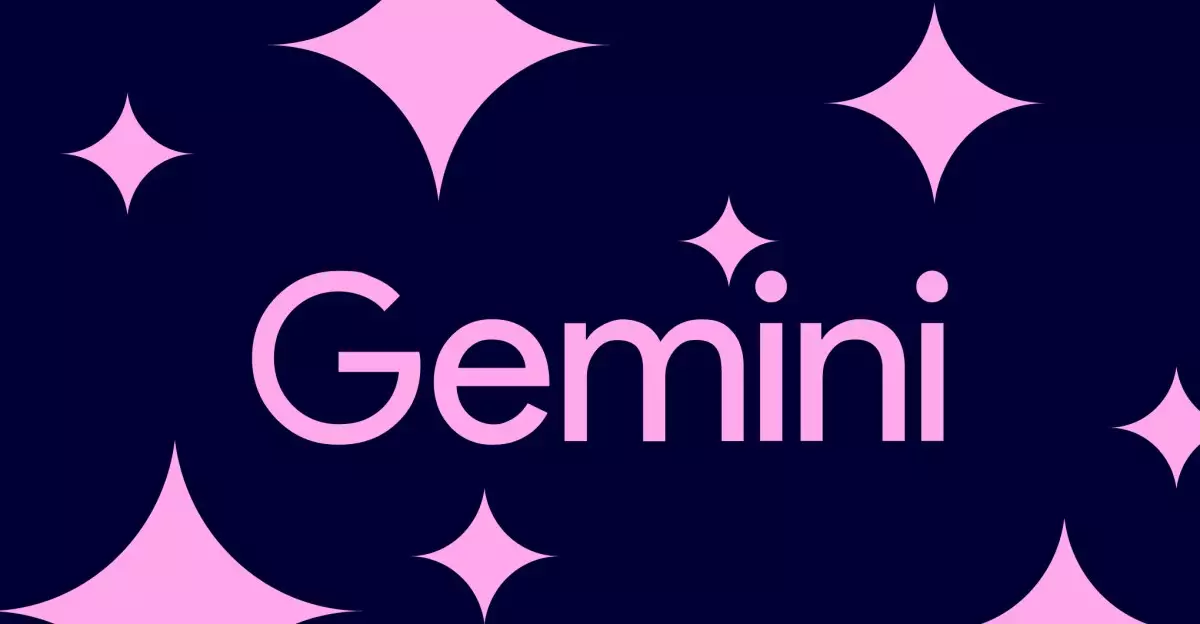In an exciting development for both parents and children, Google is preparing to introduce its Gemini AI Apps, aimed specifically at users under the age of 13 with managed family accounts. These applications promise to bridge play and learning by offering functionalities designed to assist children with their homework, engage them with interactive storytelling, and provide a friendly AI companionship. While this initiative opens up new educational avenues, the underlying implications of incorporating AI into the lives of young children demand a thorough examination.
Safety Concerns with AI for the Young
Although all technology thrives on user engagement and accessibility, integrating AI into the hands of children poses crucial safety concerns that should not be brushed aside. Google has notably emphasized in its communication with parents that data from child users will not be used to further train their AI. Yet the reality remains that children might still encounter inappropriate or incorrect information, as highlighted by the cautionary warnings sent to parents. Instances of AI missteps can range from benign errors, like strange recipe suggestions, to unsettling interactions where children might mistake AI for actual human engagement.
The potential for misinformation is alarming, as there have been documented cases of children confusing what is real with what is not due to chatbots presenting misleading narratives. As parents welcome the AI technology that could streamline learning experiences, they must remain vigilant to guide their children through the digital landscape.
Promoting Parental Involvement and Awareness
In an effort to mitigate the risks associated with Gemini, Google advises parents to discuss the nature of AI with their children. As these discussions become increasingly necessary, they emphasize clear communication regarding the limitations of AI and the importance of not divulging sensitive information. While it is heartening to see a company take steps to remind parents of their role in overseeing their children’s digital interactions, there lies a more significant requirement for users to be adequately educated about the technology.
Parental controls and oversight mechanisms in the Google Family Link are a step in the right direction; however, they should be complemented by interactive workshops or resources to help parents understand AI dynamics fully. Merely placing devices in the hands of children without adequate guidance is a surefire way to invite complications, both in understanding and in the usage of these emergent technologies.
A Double-Edged Sword: Balancing Innovation with Responsibility
The introduction of Gemini apps marks a significant milestone for educational technology, portraying an intention to fuse innovation with juvenile education. However, as with most technological advancements, the introduction should be seen as a double-edged sword. On one hand, empowering children with AI applications can foster learning in unprecedented ways. On the other hand, it catalyzes the need for responsible usage and understanding by both parents and young users.
Instead of blindly embracing technology, a shift must occur toward a balanced integration where educational benefits are maximized while minimizing potential risks. As we venture deeper into an AI-enhanced future, the collective responsibility falls not only on tech giants like Google but also on parents, educators, and society at large to create a safe, comprehensive environment for our children to thrive.

